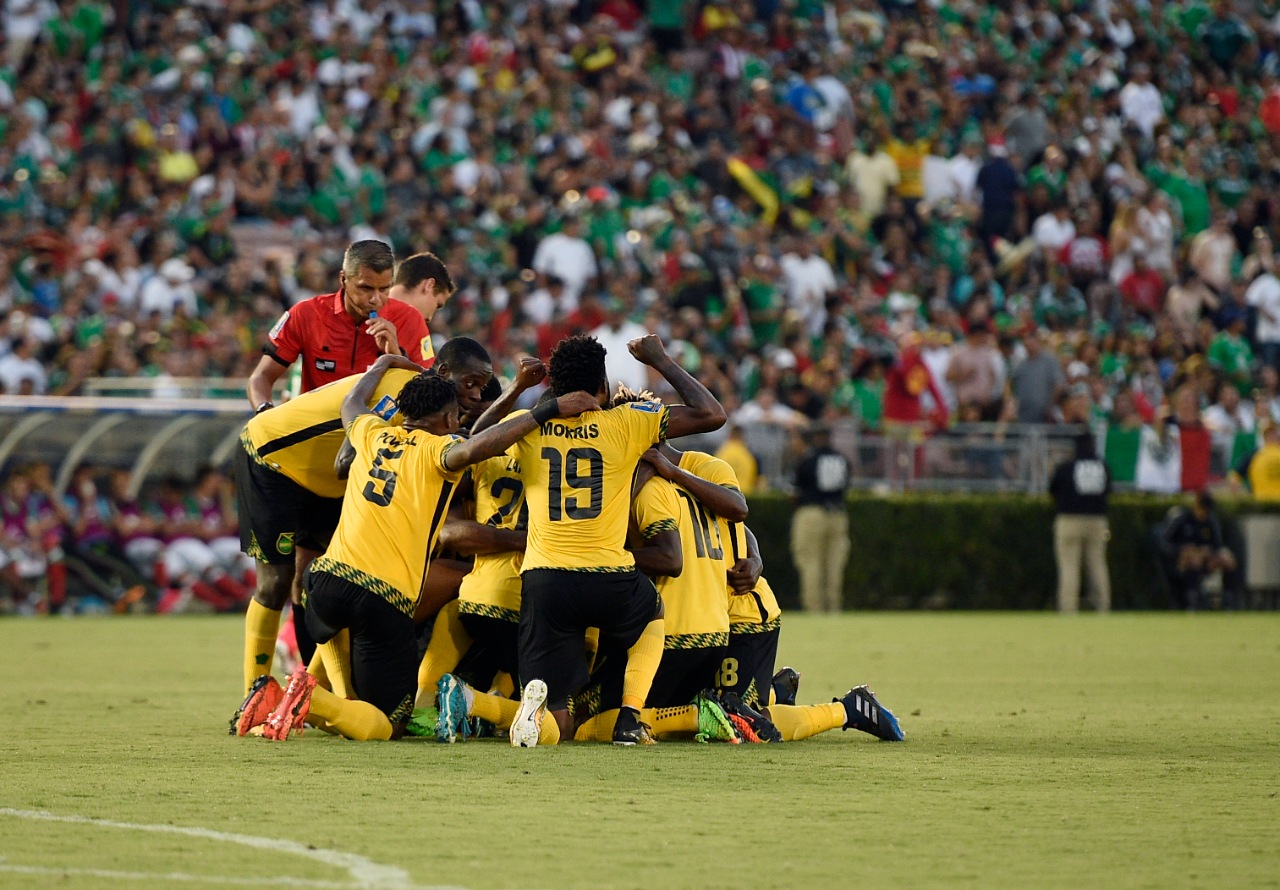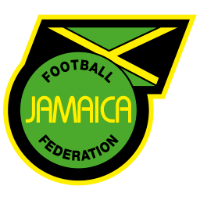

Jamaica
1909 Kingston, Jamaica
The Jamaican national soccer team, known as the "Reggae Boyz", has had an up and down career, with moments of success and growth on the international scene. The following is a detailed biography of the Jamaican national team, highlighting its historical facts and most important characters.
The first official match of the Jamaican national team was played on March 22, 1925 against Haiti, in Port-au-Prince, ending with a 1-0 victory for Jamaica. This was the beginning of Jamaica's participation in international soccer. The Jamaica Football Federation (JFF) was founded in 1910 and affiliated with FIFA in 1962, the same year Jamaica became independent.
During the first decades, the Jamaican national team made sporadic and limited appearances in regional and friendly tournaments. However, these matches were fundamental for the development of soccer in the country.
World Cup appearances
1998 World Cup
The biggest milestone in the history of the Jamaican national team was its qualification for the 1998 World Cup in France. Under the direction of Brazilian coach René Simões, Jamaica achieved an impressive performance in the qualifiers. The "Reggae Boyz" recruited several English-born players of Jamaican descent, which significantly strengthened the team.
In the group stage of the qualifiers, Jamaica defeated Suriname and Barbados. In the CONCACAF final round, they faced regional powers such as Mexico, the United States and Costa Rica. Jamaica secured their qualification to the World Cup with a series of remarkable results, including a 1-0 win over Mexico and a 0-0 draw against the United States.
In the 1998 World Cup, Jamaica was placed in Group H along with Argentina, Croatia and Japan. Although they were eliminated in the group stage, they managed a historic 2-1 victory over Japan, with two goals by Theodore Whitmore. This World Cup remains Jamaica's only World Cup appearance to date.
Copa America appearances
Copa America 2015 and 2016.
Jamaica was invited to participate in the Copa America for the first time in 2015, held in Chile. In this tournament, the "Reggae Boyz" were part of Group B, along with Argentina, Uruguay and Paraguay. Despite losing all three matches 1-0, Jamaica's participation was seen as an important opportunity to gain experience against some of the best teams in the world.
In 2016, Jamaica was again invited to the Copa America Centenario, held in the United States. Jamaica was drawn in Group C alongside Mexico, Uruguay and Venezuela. As in 2015, Jamaica failed to advance beyond the group stage, losing all its matches without scoring goals. However, these participations were significant for the development of Jamaican soccer, providing international experience and exposure for its players.
Legendary Players
Theodore Whitmore
Whitmore is one of the most important players in the history of the Jamaican national team. As a midfielder, he was instrumental in qualifying for the 1998 World Cup and scored two goals in the historic victory over Japan. Whitmore later became the national team's coach, leading the "Reggae Boyz" in several international competitions.
Robbie Earle
Robbie Earle, born in England, chose to represent Jamaica because of his Jamaican ancestry. He was one of the standout players in the 1998 World Cup qualifying campaign and scored Jamaica's first World Cup goal in a 3-1 loss to Croatia.
Deon Burton
Another key player during the 1998 qualifiers was Deon Burton, who scored crucial goals that secured Jamaica's qualification. His contribution was vital to the team's success in that historic campaign.
Coaches of the Year
René Simões
Brazilian coach René Simões is widely recognized for his role in leading Jamaica to its first and only World Cup in 1998. His tactical approach and ability to motivate the players were instrumental in this historic achievement.
Theodore Whitmore
After his playing career, Whitmore became coach of the Jamaican national team. Under his leadership, Jamaica has had outstanding performances in the CONCACAF Gold Cup, including reaching the final in 2017 and 2019.
CONCACAF Gold Cup.
Jamaica has performed remarkably well in the Gold Cup, CONCACAF's premier tournament. They have reached the final twice, in 2015 and 2017. In 2015, they surprised by beating the United States in the semifinals before losing 3-1 to Mexico in the final. In 2017, they returned to the final, but were defeated 2-1 by the United States.


